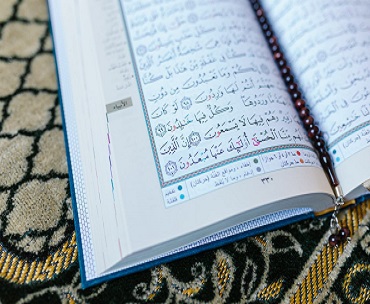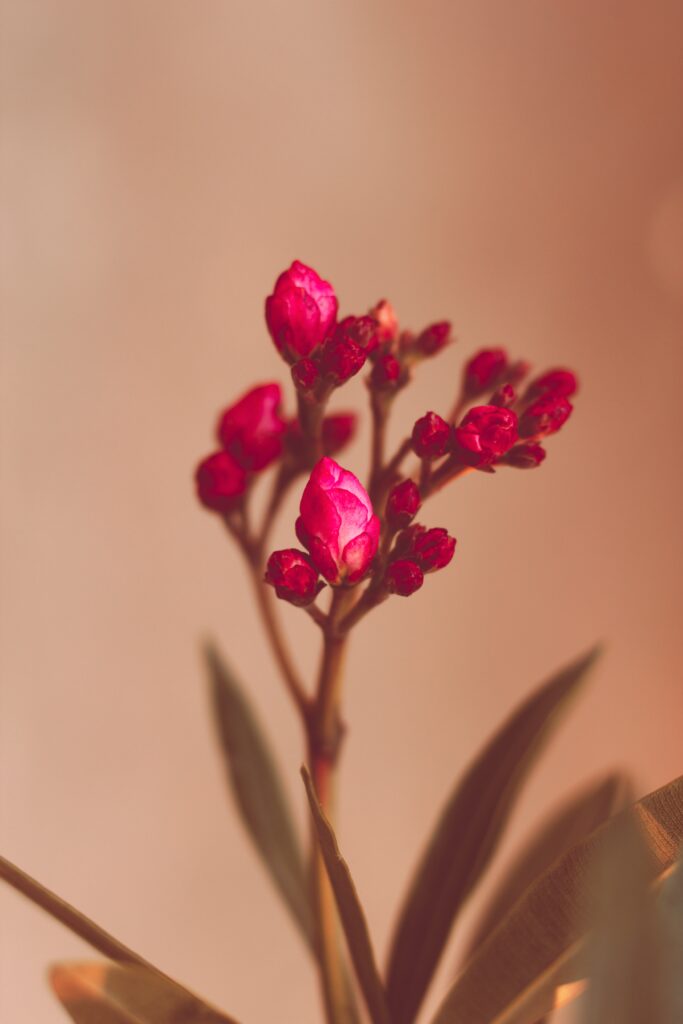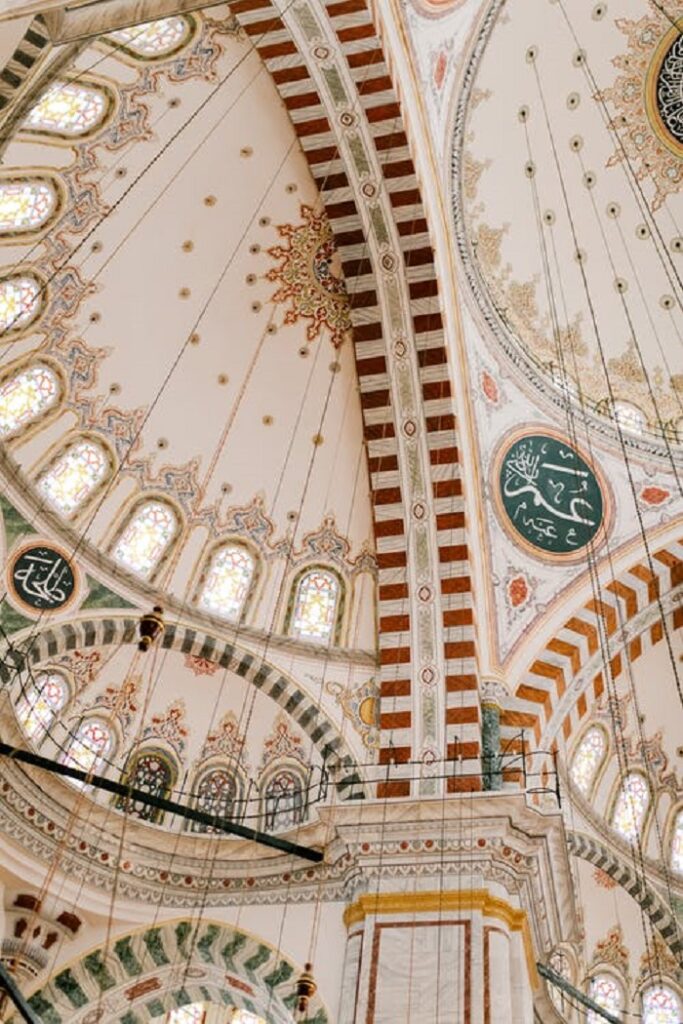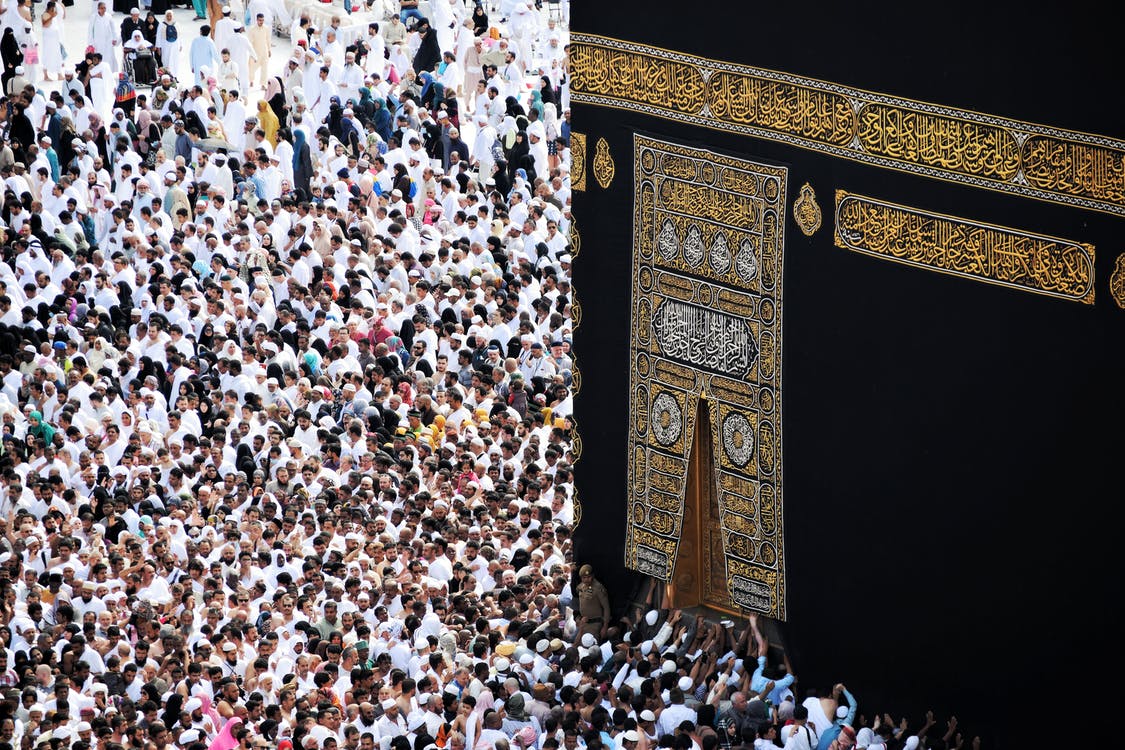
Haj is fifth pillar of Islam.
Hajj is a spiritual journey like no other. Every year during the month of Dhul Hijjah, we hear or see live pictures of the millions of pilgrims flocking to Mecca, Mina, and Muzdalifah to perform this sacred pilgrimage. Haj is compulsory to all the Muslims to cleanse their bad deeds and turn towards their creator. This journey comprises of different tests from Allah such as patience, pains, stress and other ways in which Allah considers the Best.
Allah (SWT) has made Hajj compulsory, just like Salat, Sawm and Zakat. Every able Muslim who has the finances available (after taking care of all family obligations), is required to embark on this journey once in their life. And since it is the command of Allah (SWT), the Creator of us all, it is the duty of every Muslim to make sure they perform Hajj while they can.
Rich or poor, all are considered to be the same during Haj. Yes, they are many ways of obtaining good services like highly rated Travel Agency, 5 star hotels and others. But, Allah in His exemplary manners examines each pilgrim in His own unquestionable manner. Thus, clearing pilgrims all the past wrong-doings and teaching him the way of life
Hajj shall be observed in the specified months. Whoever sets out to observe Hajj shall refrain from sexual intercourse, misconduct, and arguments throughout Hajj. Whatever good you do, God is fully aware thereof. As you prepare your provisions for the journey, the best provision is righteousness. You shall observe Me, O you who possess intelligence.
Quran 2:197
Who should go on the Hajj?
It is mandatory for Muslim adults to go on Hajj at least once in their lifetime. They must be of sound mind and physically and financially capable of undertaking the journey. Those who complete the pilgrimage can add the title Hajji to their names.
When is Hajj?
The pilgrimage must take place during the month of Dhu al Hijja, the last month of the Islamic calendar. The rites of Hajj are performed from the 8th to the 12th of Dhu al Hijjah. As the Islamic calendar is based on the lunar year, the date changes in the Gregorian calendar each year, and is 10 to 11 days earlier than the preceding year. In 2019, Hajj is expected to be on or around August 9th.
What is the importance of the first 10 days of Dhul Hijjah?
During the first 10 days of Dhul Hijjah, Muslims are provided with the opportunity to repent and bring themselves closer to Allah (SWT). It’s impossible to combine acts of worship such as this at any other time of year, as Allah (SWT) attaches great importance to the initial 10 days, allowing one to attain Dhul Hijjah Dua. Similarly, Dhul Hijjah fasting is common and cutting nails during Dhul Hijjah is also avoided.
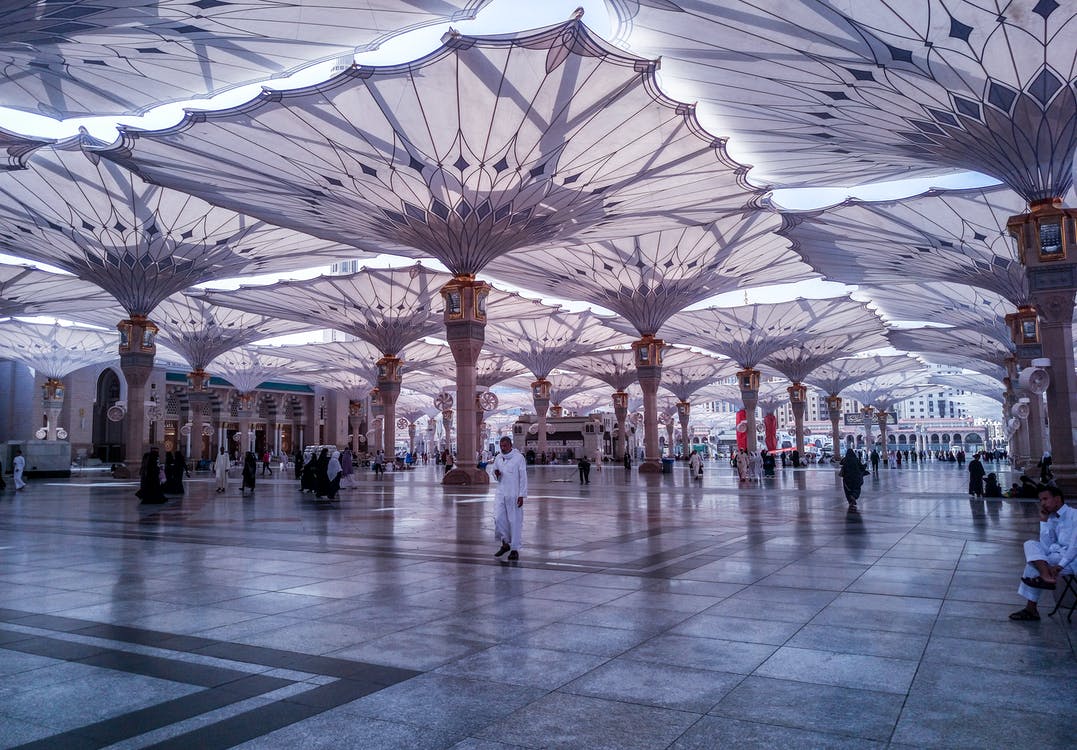
When is Hajj?
The pilgrimage must take place during the month of Dhu al Hijja, the last month of the Islamic calendar. The rites of Hajj are performed from the 8th to the 12th of Dhu al Hijjah. As the Islamic calendar is based on the lunar year, the date changes in the Gregorian calendar each year, and is 10 to 11 days earlier than the preceding year. In 2019, Hajj is expected to be on or around August 9th.
How many people go on Hajj?
Every year about 2 to 3 million people from across the world gather in Mecca for the Hajj. It is the largest single gathering of people on the planet.
How did Hajj start?
The rites performed at Hajj today were established by the Prophet Muhammad (sallallahu alaihi wa sallam) but, based on the Qur’an, they can be traced back to the Prophet Ibrahim, (alaihis salaam), also referred to in English as Abraham. Muslims believe that Ibrahim (alaihis salaam) was ordered by Allah to leave his wife Hajar and his son Ismail alone in the desert of ancient Mecca. In search of water, Hajar desperately ran seven times between the two hills of Safa and Marwah but found none. Returning in despair to Ismail, she saw the baby scratching the ground with his leg and a water fountain sprang forth at the site. This is the Well of Zamzam in the Masjid al-Haram in Mecca. Pilgrims visit the well while performing Hajj or the Umrah pilgrimage to drink its water.
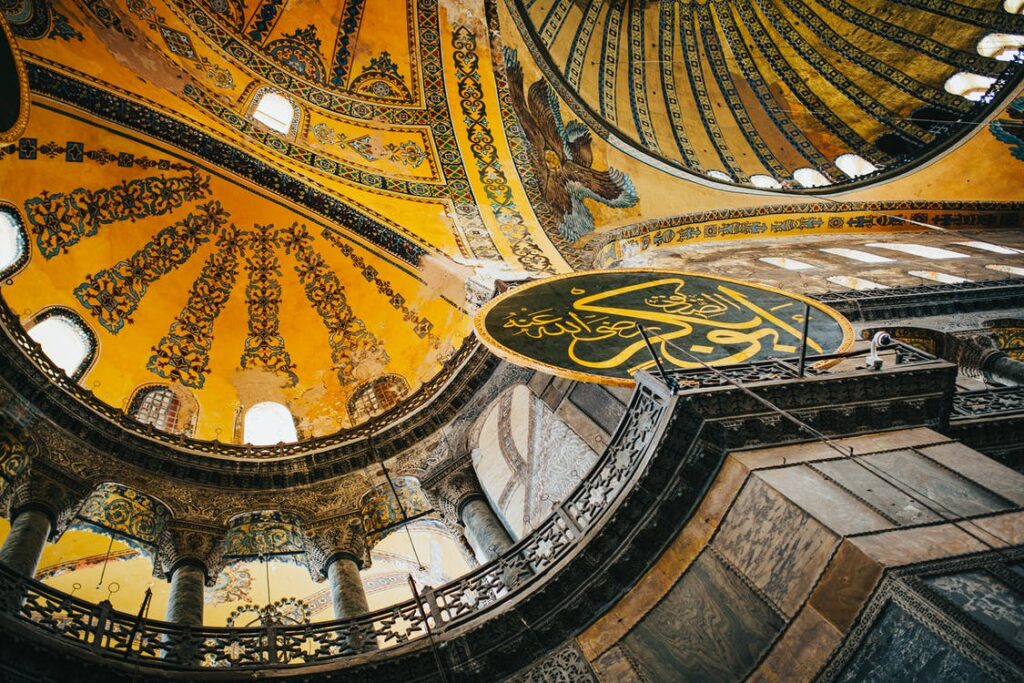
What are the rites of Hajj?
The main rituals of the Hajj pilgrimage are:
- Ihram:
- Tawaf:
- Al-Safa and Al-Marwah:
- Mount Arafat:
- Stoning the Devil:
- Eid ul Adha:
- Qurbani:
Ihram: When they arrive in Mecca, pilgrims enter the state of ihram (purity) for the Hajj .
pilgrimage. Men must wear the ihram garments consisting of two white, seamless sheets wrapped around the body, and sandals. As well as purity, this clothing symbolises equality and unity as there are no visible reminders of class, wealth, status or culture. Requirements for women are less strict and they usually dress in white with only faces and hands uncovered. While in the state of ihram, pilgrims must – among other things – not cut their nails or hair, not engage in sexual activity, argue or fight.
Tawaf: Each person walks counter-clockwise seven times around the Ka’aba (the cube-shaped building and the direction of prayer for Muslims everywhere) in Masjid Al-Haram. The Ka’aba was built by Ibrahim (alaihis salaam) and is the most sacred site in Islam.
Al-Safa and Al-Marwah: Pilgrims run seven times between the mountains of Al-Safa and Al-Marwah as Hajar did during her search for water. Mount Arafat: Pilgrims go to the plains of Mount Arafat, where the Prophet Muhammad (sallallahu alaihi wa sallam) gave his last sermon, to stand in vigil. Stoning the Devil: After Arafat, they move to Muzdalfah and then to Mina to perform a symbolic stoning ritual in which they fling pebbles at three walls known as jamarat. This symbolises how the devil tried to mislead Ibrahim (alaihis salaam) from following Allah but was fought off when the prophet threw stones at him on three occasions.
Eid ul Adha: The tenth day of the month of Dhu al-Hijja marks the start of the three-day festival of Eid ul Adha (the Feast of Sacrifice). The pilgrims perform the ritual of animal sacrifice (Qurbani) and continue with other rites to complete their Hajj.
Qurbani: Qurbani, or Udiyah as it known in Arabic, commemorates the sacrifice Ibrahim (alaihis salaam) was willing to perform of his son Ismail (alaihis salaam) for Allah, who spared his son by sending down a ram to take his place.
Pilgrims can go to Mecca to perform the rituals at any other time of the year. This pilgrimage is known as Umrah and, unlike Hajj which takes place on fixed Islamic dates, is not obligatory!
